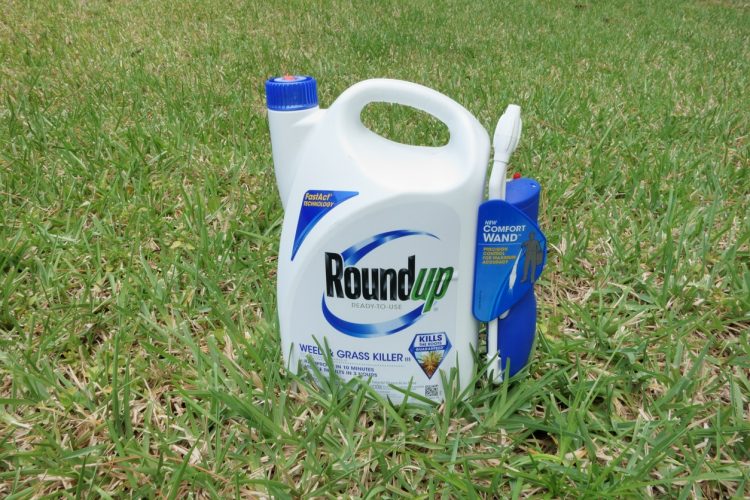New study debunks claims that glyphosate-tolerant GMO crops help mitigate climate change

Published: June 6, 2022
Category: GMO News
Glyphosate-tolerant crops increase tillage intensity, greenhouse gas emissions in U.S. corn and soybeans as weeds develop resistance to glyphosate—study
Proponents of GMO crops have claimed that glyphosate-tolerant GMO corn and soybeans reduce tillage ploughing, which helps to reduce greenhouse gas emissions (GHG) and thereby helps to mitigate climate change.
A new study published in Nature blows holes in that theory and finds that emerging weed resistance to glyphosate herbicides increases tillage intensity and GHG emissions in the U.S. corn–soybean cropping system.
Using a modelling approach, the researchers examined the change in tillage intensity across the U.S. corn–soybean cropping systems during 1998–2016 and the impact of tillage intensity on soil GHG emissions. They found that tillage intensity first decreased and then, after 2008, increased, a trend that is strongly correlated with the adoption of herbicide-tolerant crops and emerging weed resistance to glyphosate.
The GHG mitigation benefit of decreasing tillage intensity before 2008 was more than offset by increased GHG emissions due to tillage re-intensification under the growing pressure of weed resistance to glyphosate. As weed resistance persists or grows, tillage intensity is anticipated to continue rising, probably increasing GHG emissions.
The results underscore the importance of an alternative strategy to control weeds, the researchers conclude.
Source: GM Watch
To view source article, visit: https://gmwatch.org/en/106-news/latest-news/20037
Organic & Non-GMO Insights June 2022








